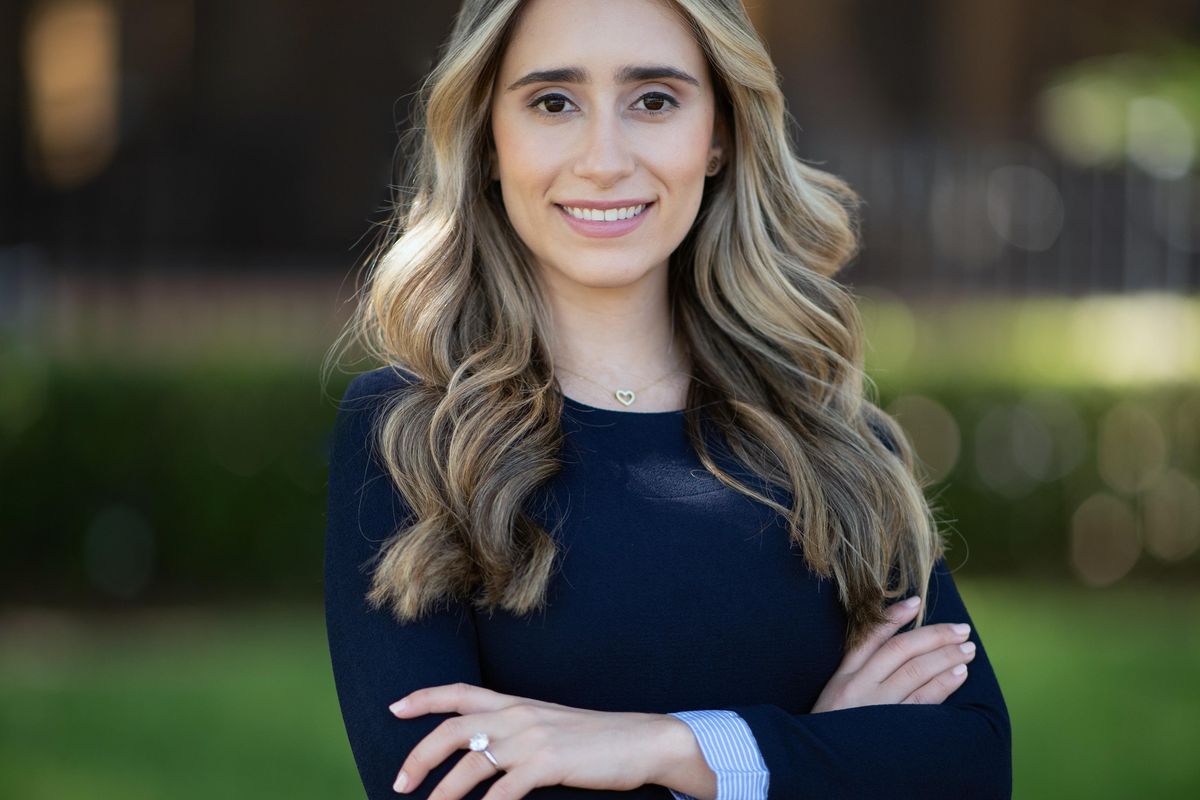Ex-Florida lawmaker arrested and accused of stealing $122K in pandemic money

A former state representative from central Florida has been arrested on federal fraud charges, reported the Orlando Sentinel.
Carolina Amesty "faces two counts of theft of government property related to COVID relief fraud, each of which carries a maximum of 10 years in federal prison," according to the report. Amesty stole $122,000 from federal pandemic programs by "fraudulently applying relief funds in the name of two businesses," federal prosecutors allege.
COVID pandemic relief money for businesses has been plagued with fraud, as they were designed to deliver relief quickly to prevent mass layoffs. The program has faced questions over whether enough checks were instituted to ensure the money would be used as intended. In 2023, former state Rep. Joe Harding, the former Florida lawmaker behind the infamous "Don't Say Gay" bill, pleaded guilty to another COVID fraud scheme and was sentenced to four months in prison.
"In May 2021, the Attorney General established the COVID-19 Fraud Enforcement Task Force to marshal the resources of the Justice Department in partnership with agencies across government to enhance efforts to combat and prevent pandemic-related fraud," said a release announcing the arrest. "The task force bolsters efforts to investigate and prosecute the most culpable domestic and international criminal actors and assists agencies tasked with administering relief programs to prevent fraud by augmenting and incorporating existing coordination mechanisms, identifying resources and techniques to uncover fraudulent actors and their schemes, and sharing and harnessing information and insights gained from prior enforcement efforts."
This comes after Amesty, who narrowly lost her re-election bid last year to Democratic former Disney executive Leonard Spencer, faced state charges in an unrelated financial crimes case.
"Amesty was indicted by a state grand jury in August following an investigation by Florida Department of Law Enforcement that concluded she had improperly notarized — and likely had forged — a man’s signature on a licensing form for a small Orlando-area private college run by her family," noted the Sentinel report.
In December, however, a state prosecutor dropped those charges "upon her completion of community service and a financial crimes course."